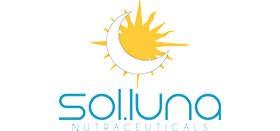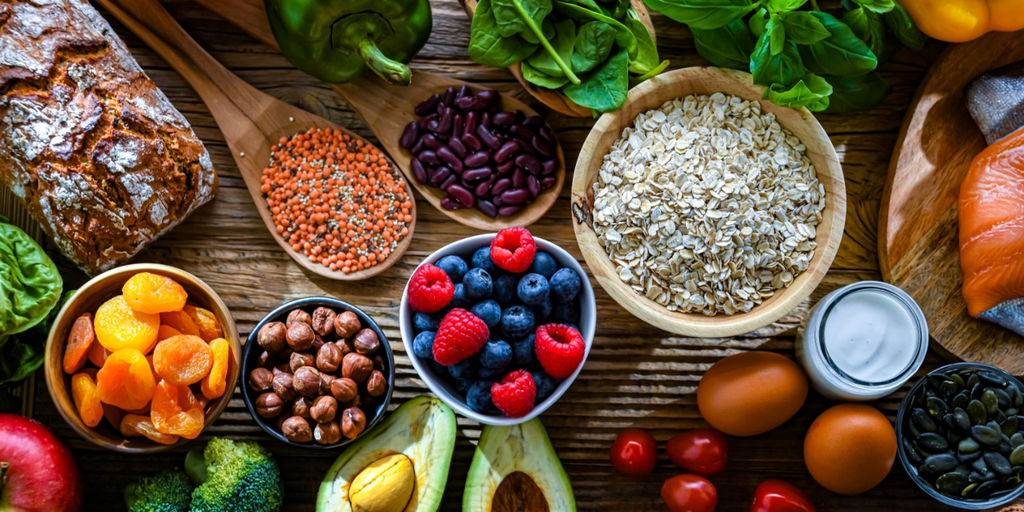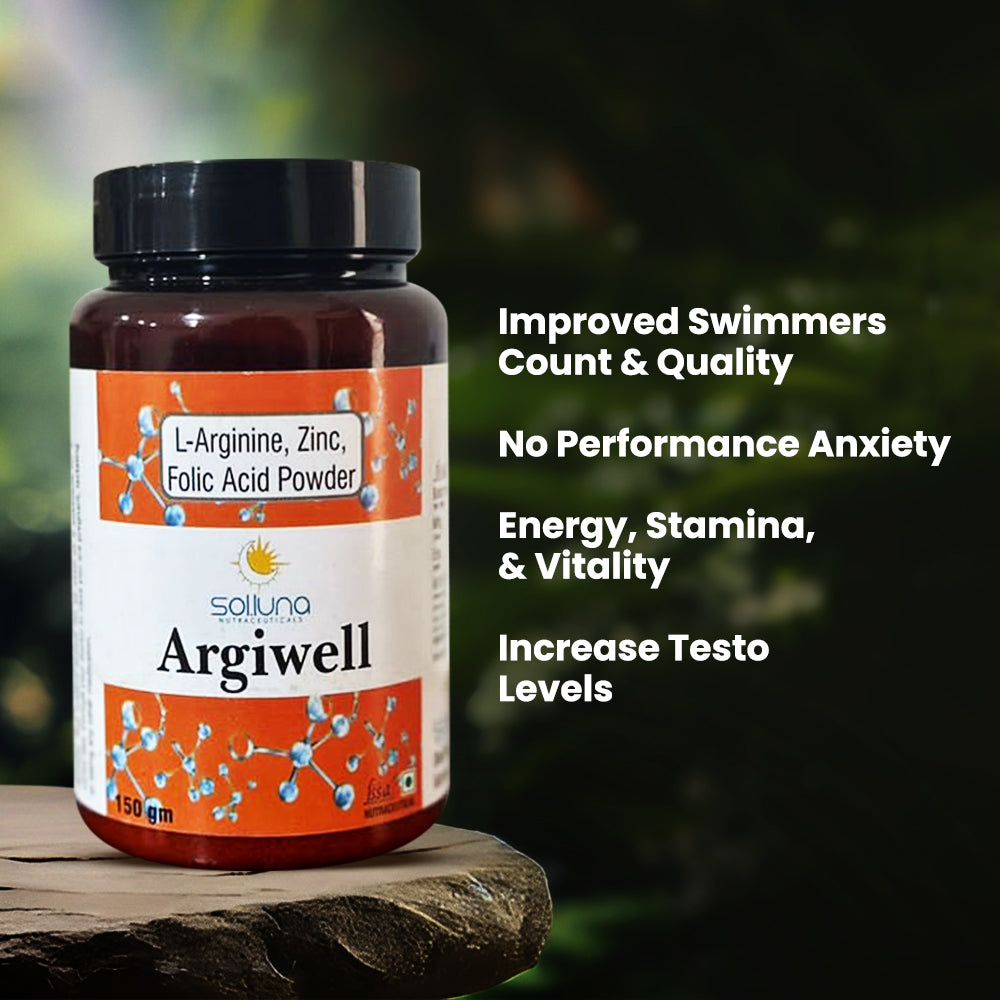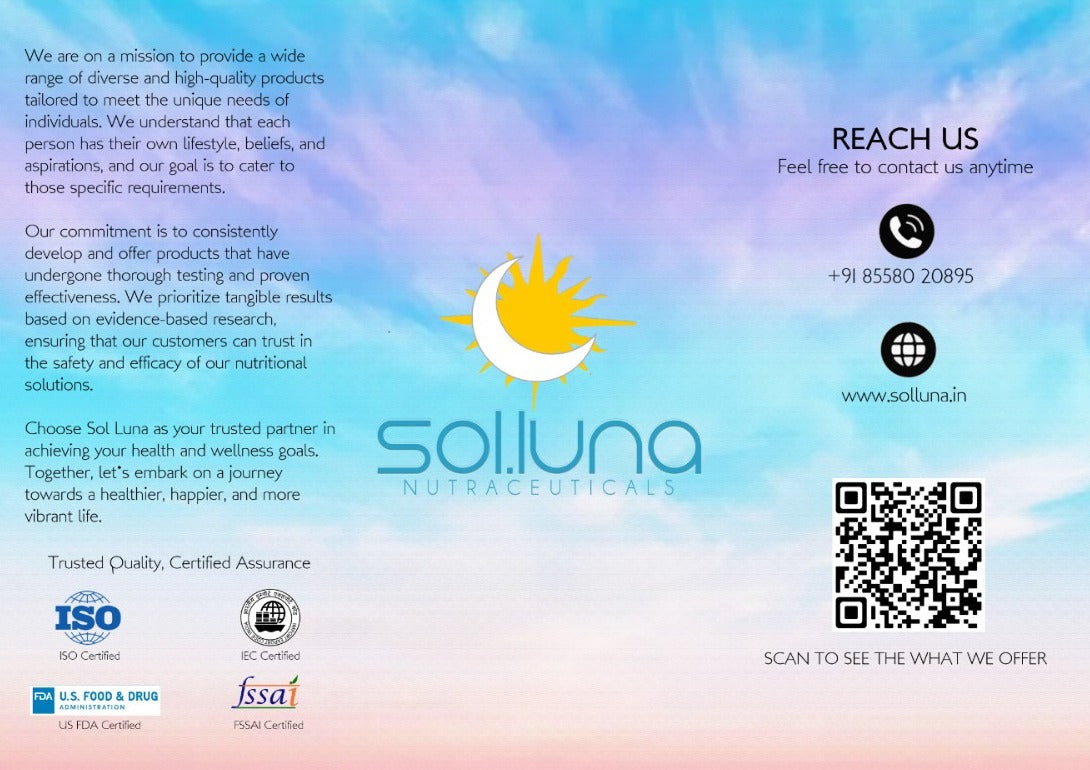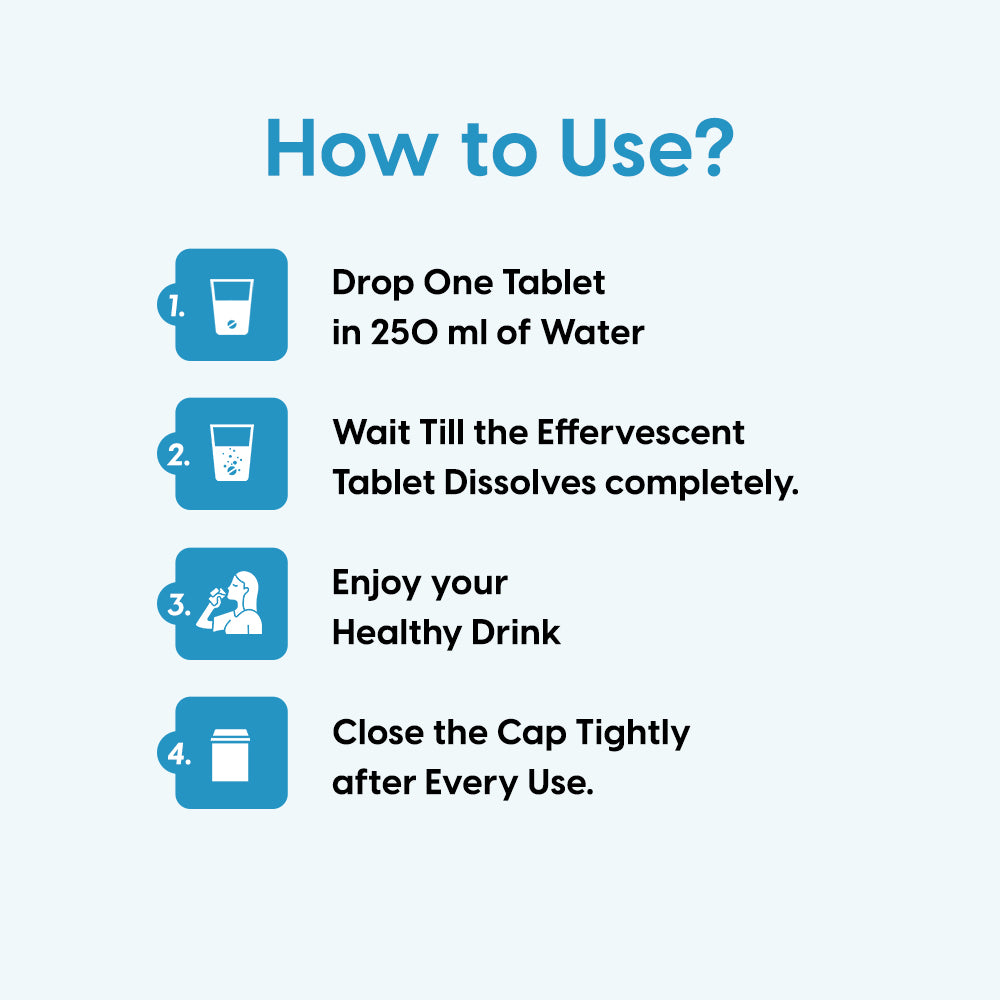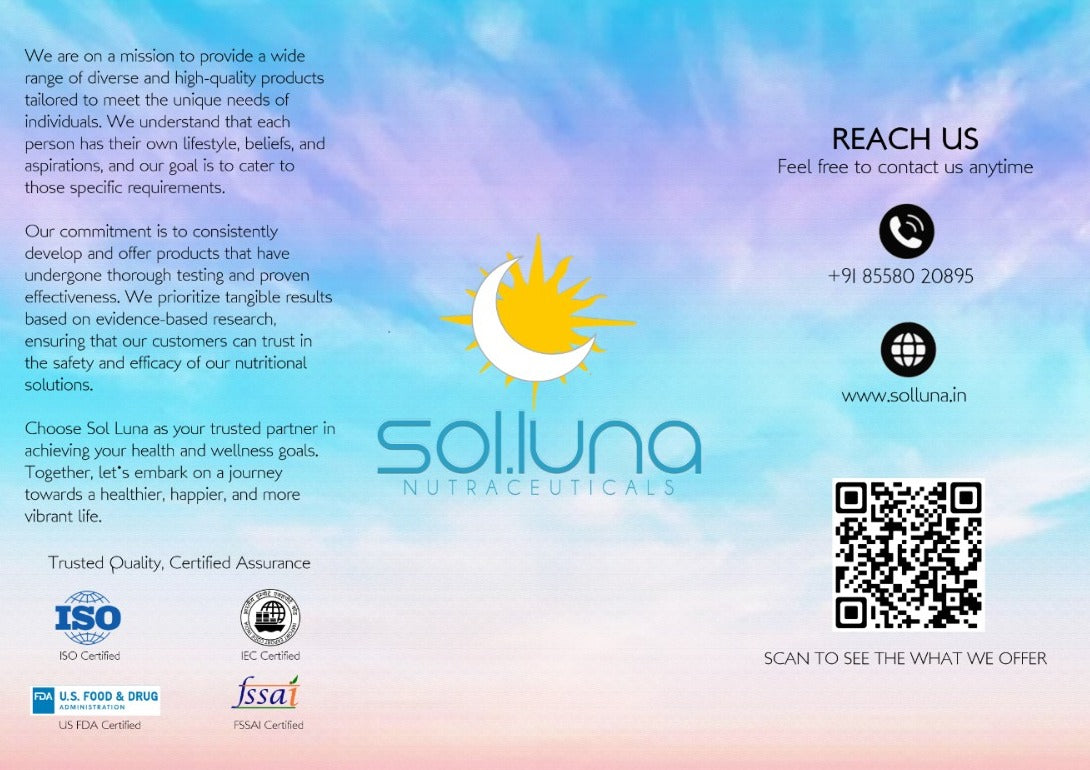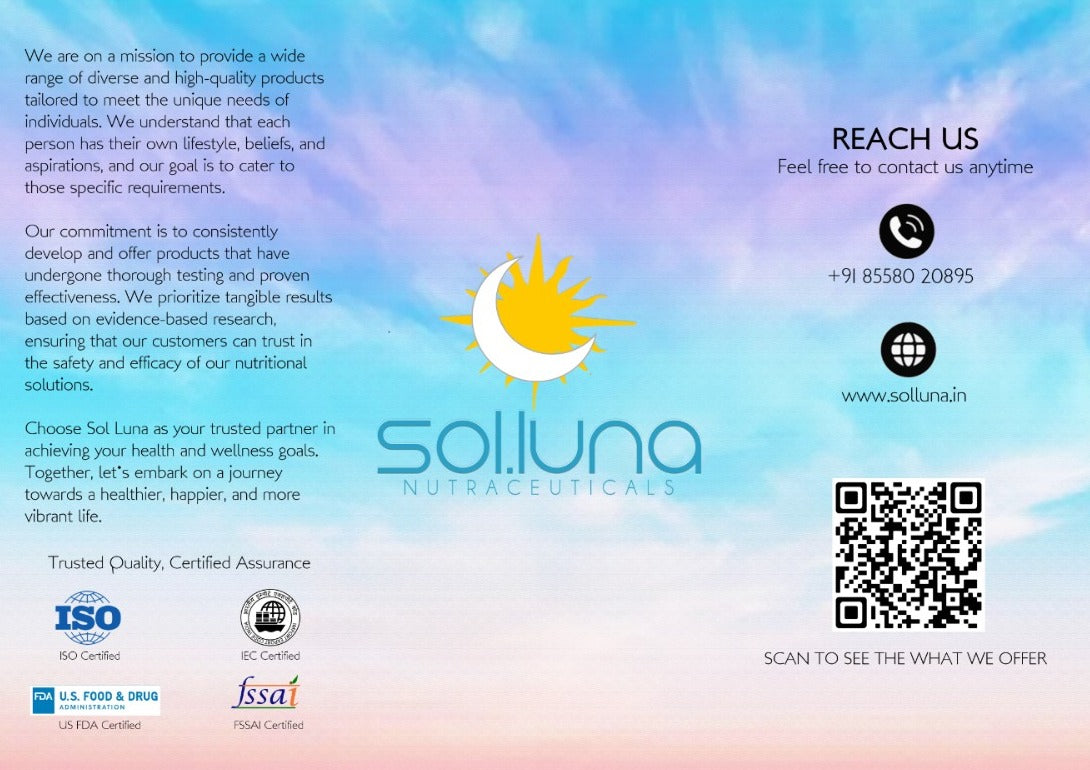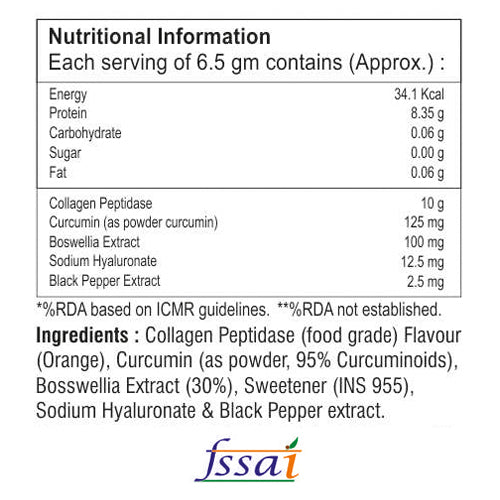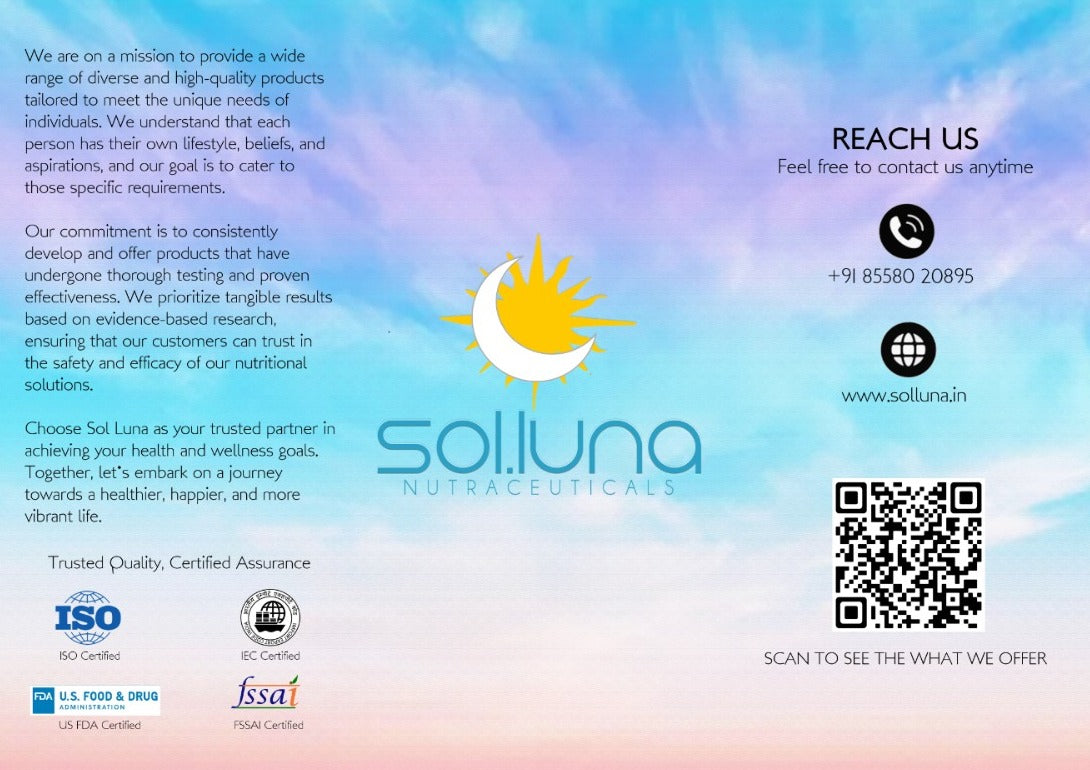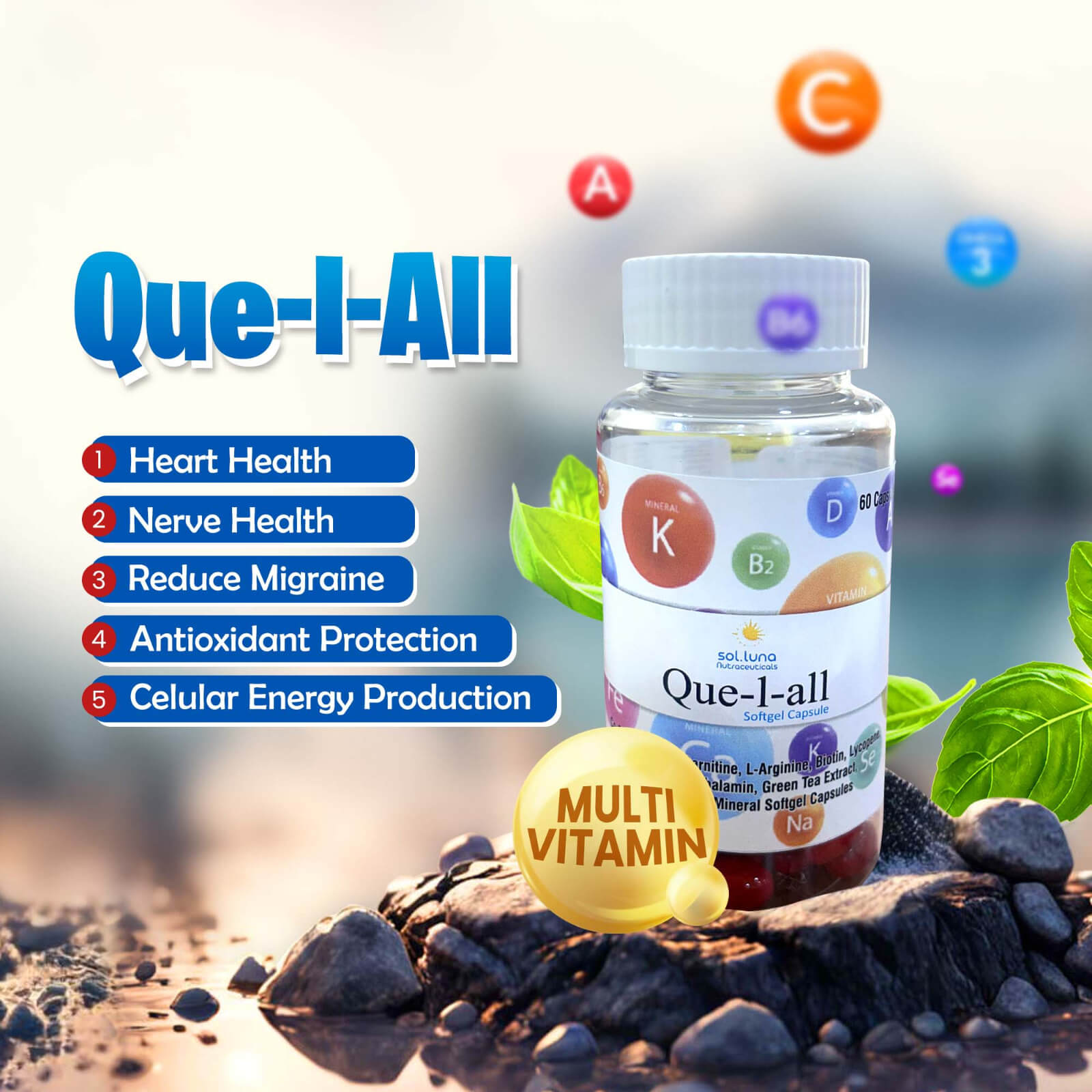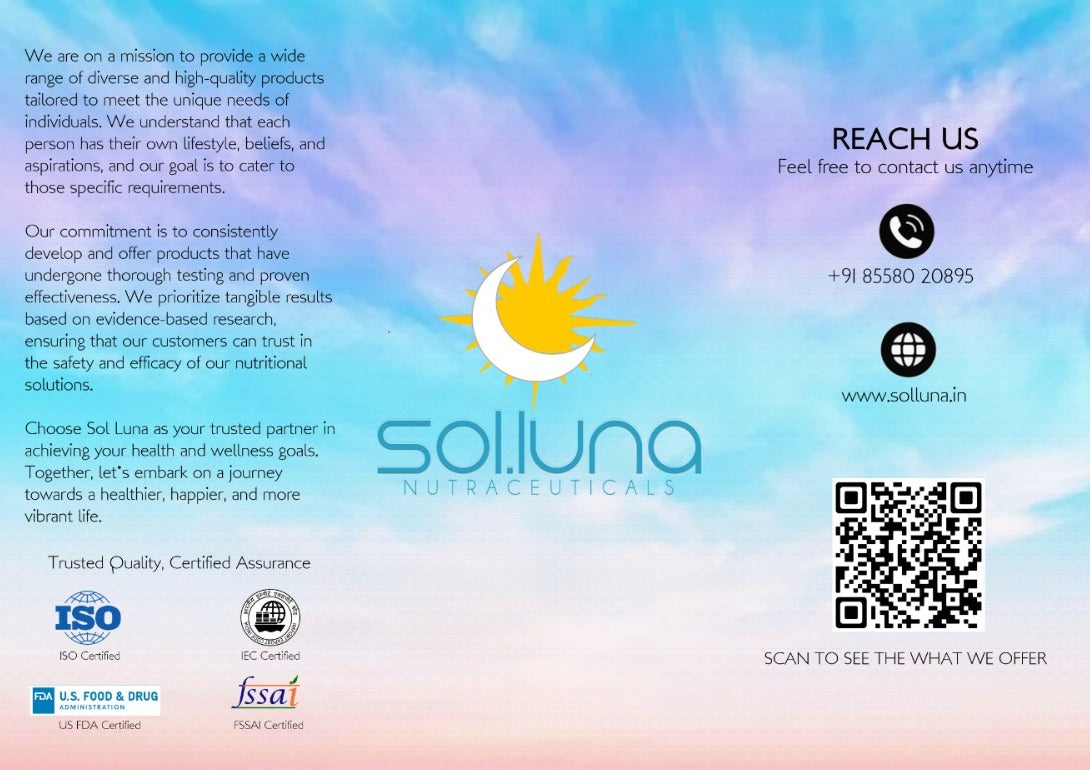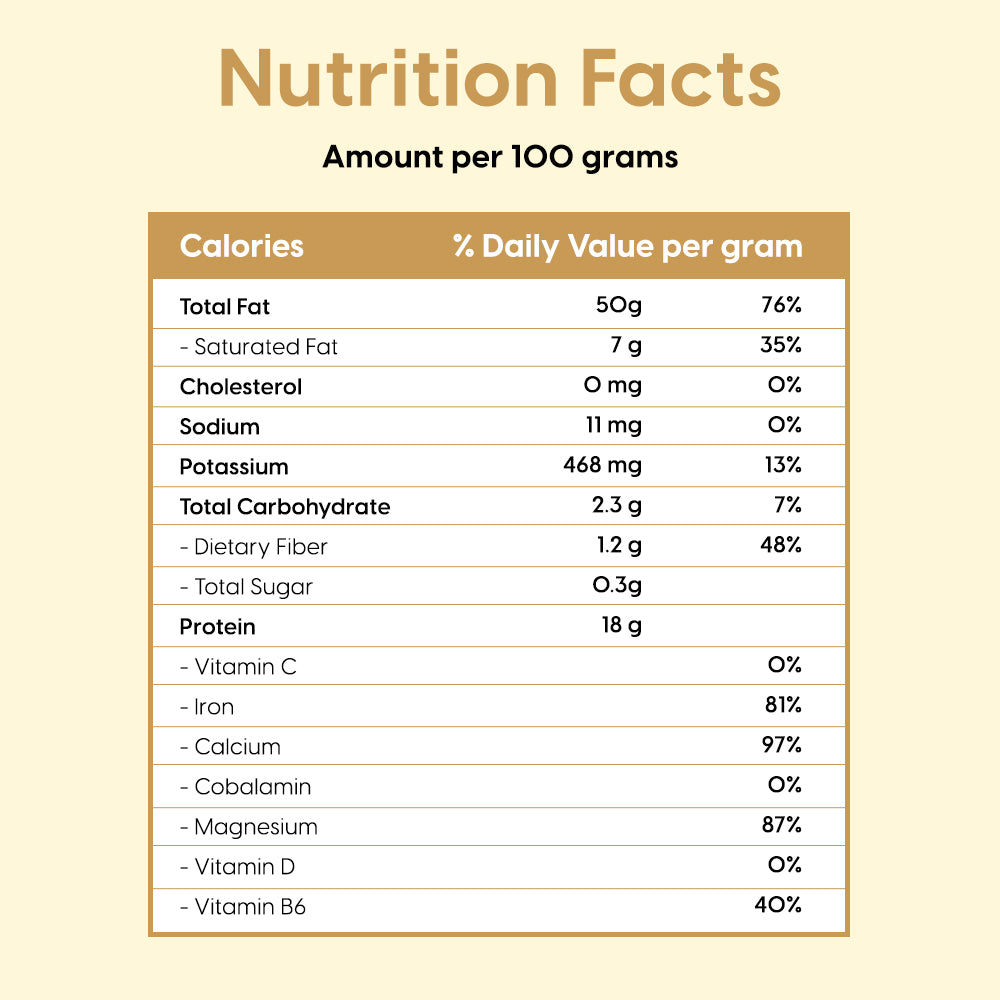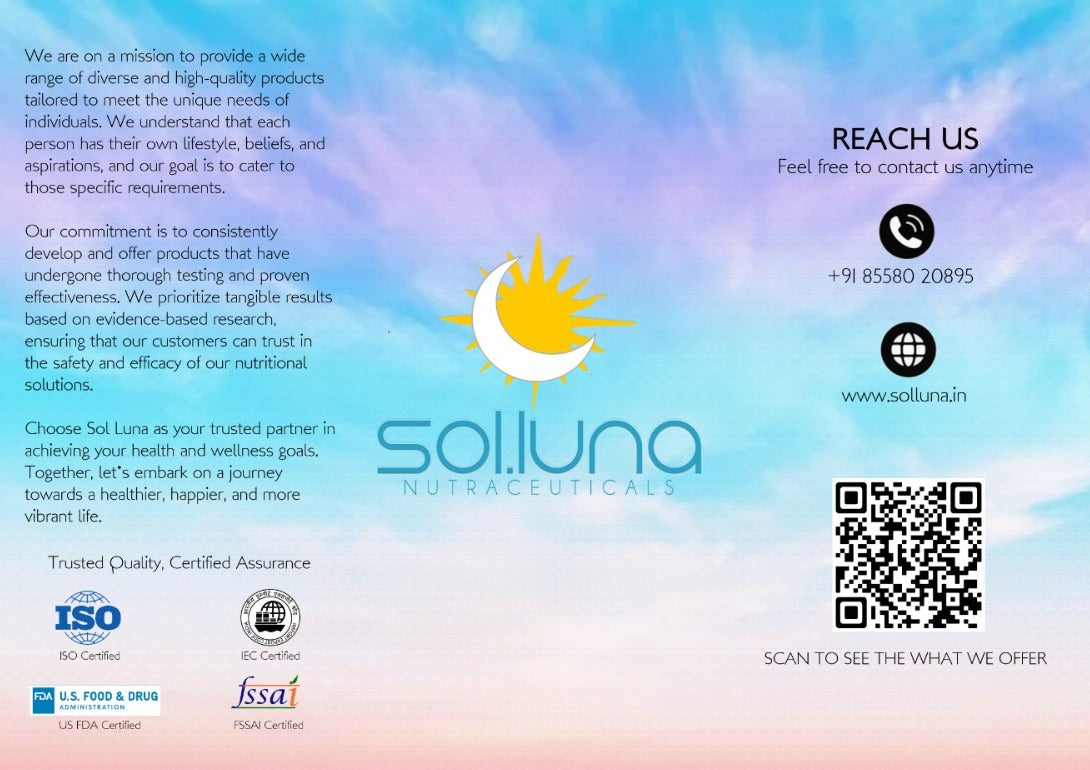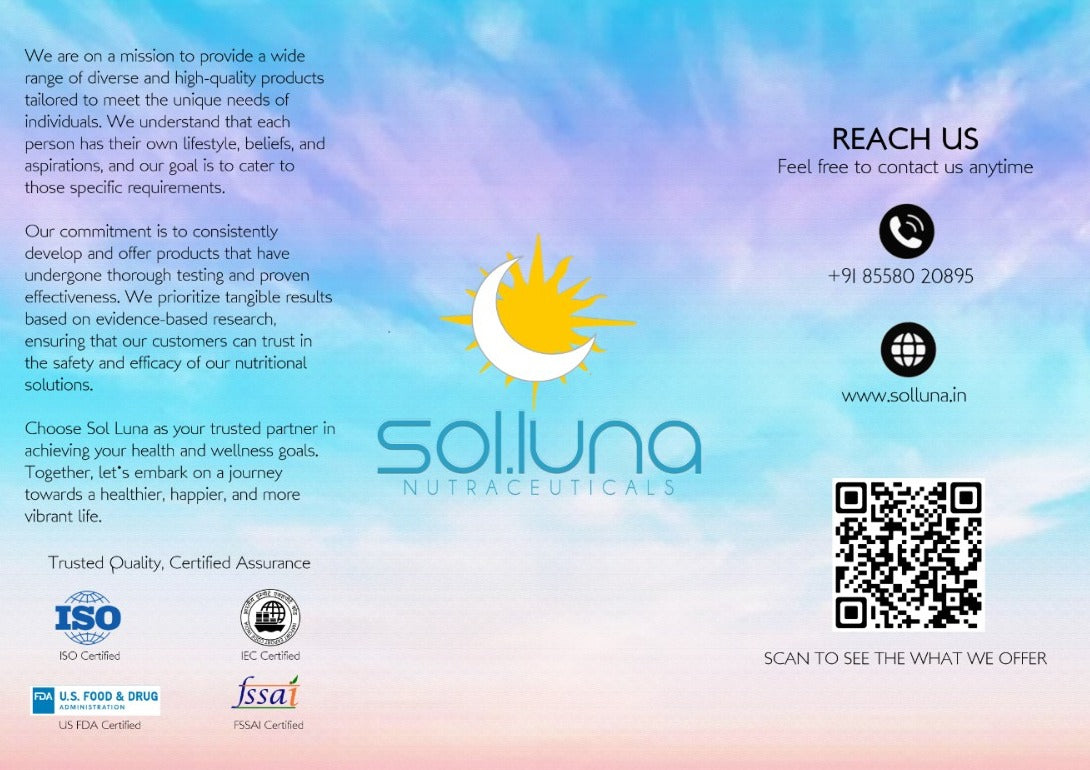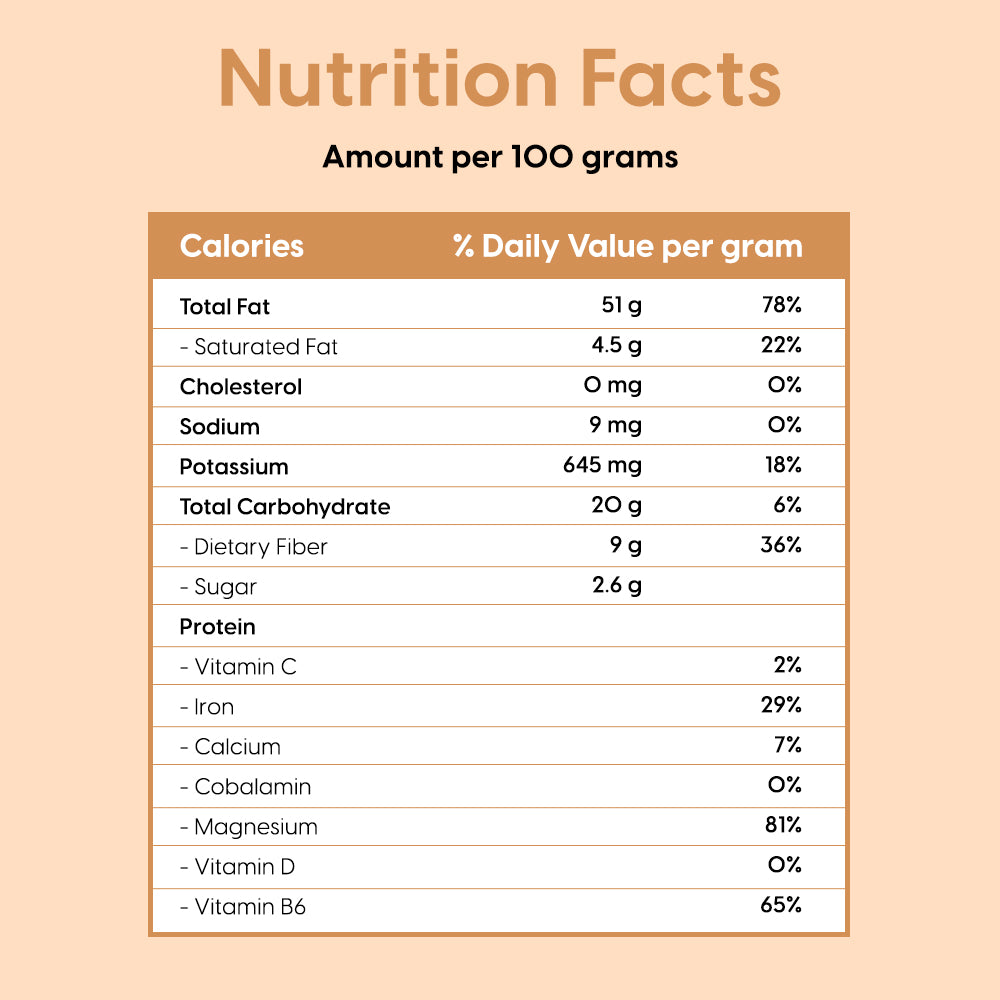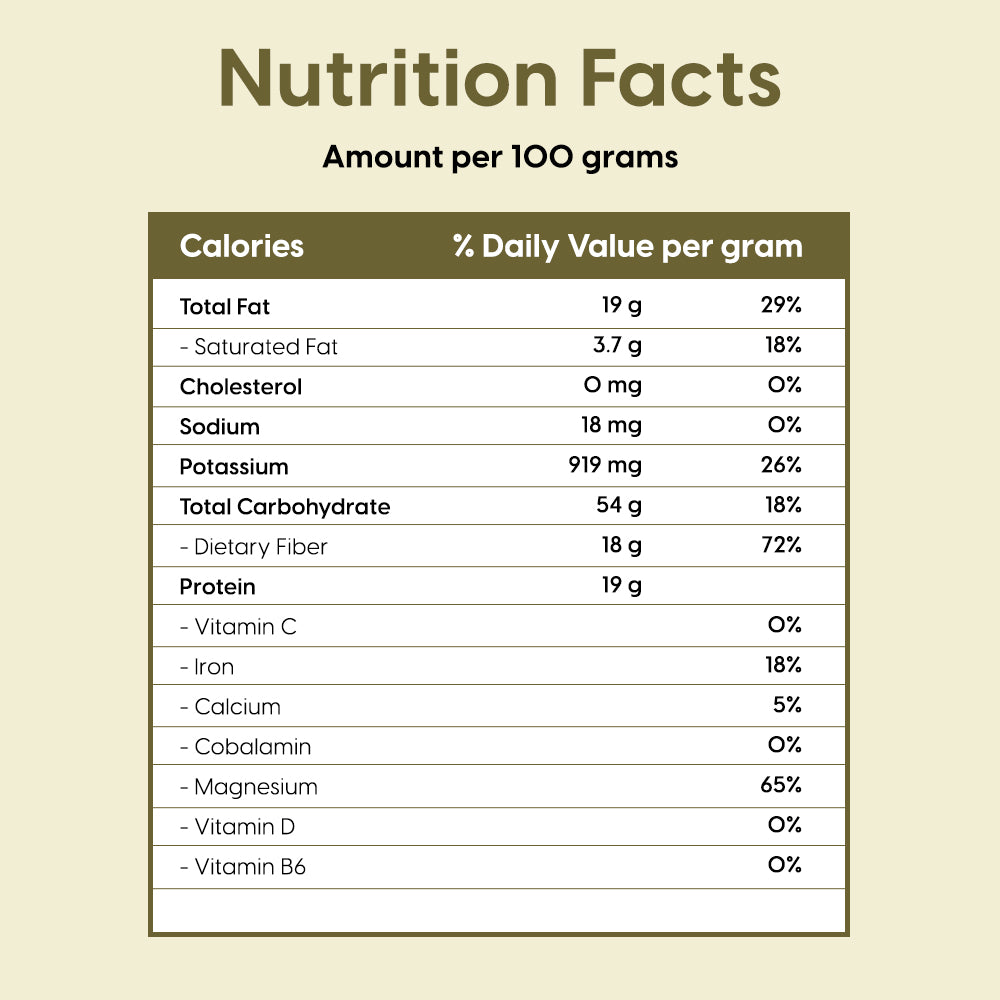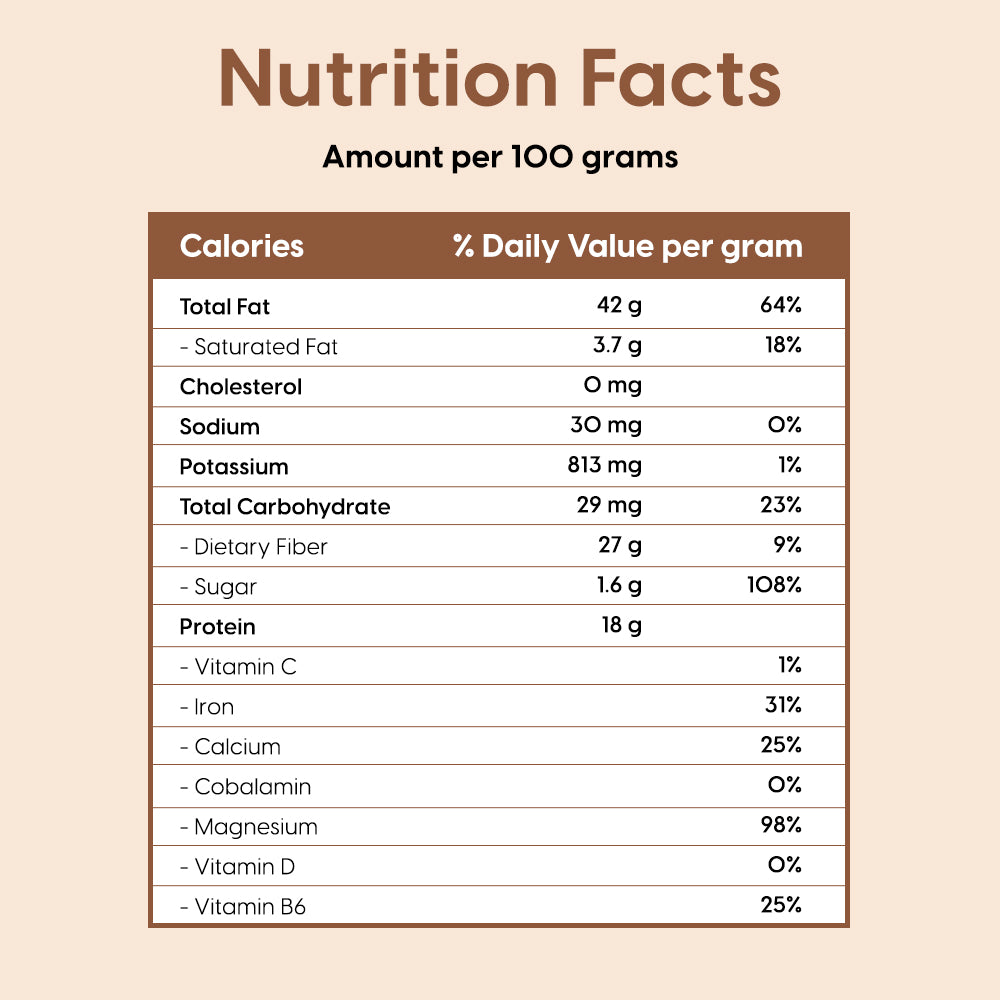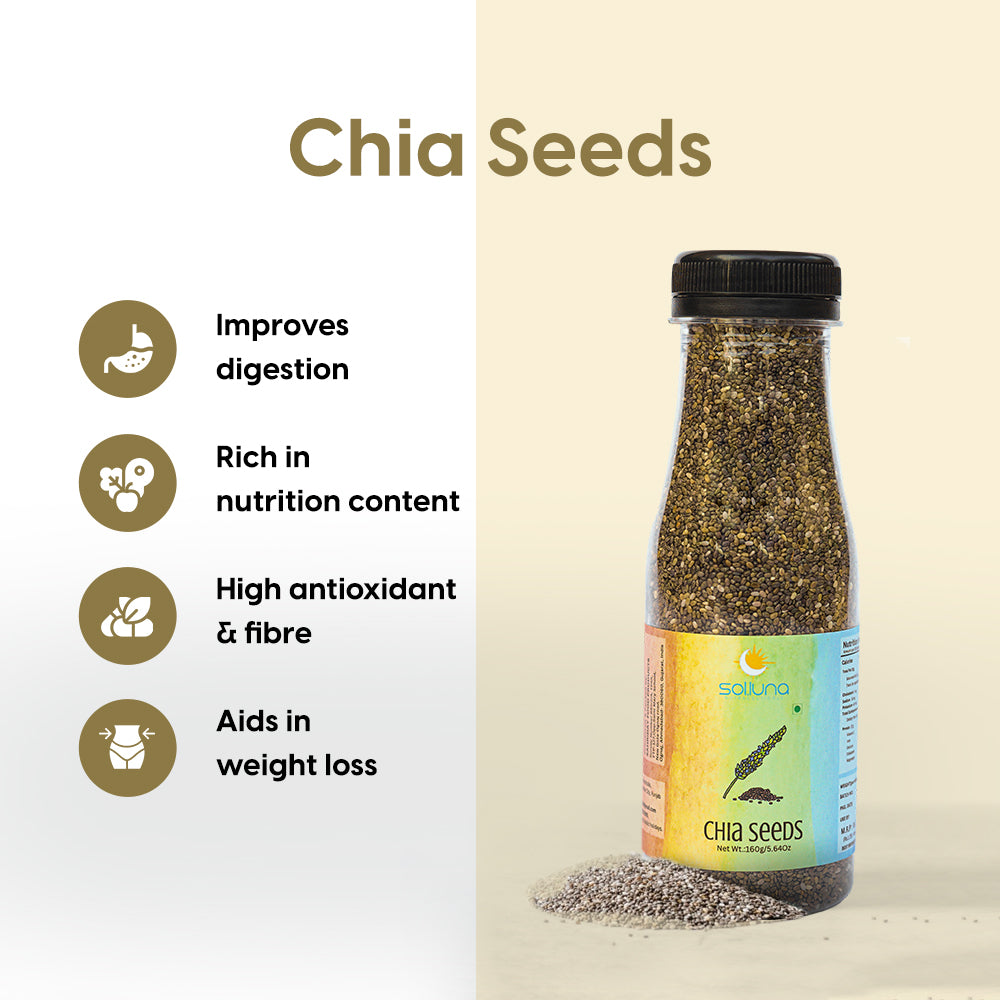
Major Components Of Nutrition & Its Deficiency!

The average calorie intake of adult human body is about 1500-2000 Kcal everyday. The major constituents for you total calorie intake depends on various micro and macro nutrients;
- About 10%–35% protein,
- 45%–65% carbohydrates,
- and 20%–35% of calories from fat.
Along with consuming vitamins, minerals and electrolytes are majorly dependent on the diet and the food or fluids that we take. Eventually, with modernisation and remote movement with work cultures. Total calorie deficit with lack of major necessary components is usual these days.
However, it now seems to be replaced by health supplements. Health supplement are widely being accepted for its benefits in therapeutic as well as tailor made deficit replacer called as “Nutraceuticals”. Each and every nutritional deficiency does have symptoms which are sometimes un-noticeable or maybe misunderstood. Some of major components and its deficiency symptoms are listed below:
PROTEIN
It is necessary and recommended to consume almost 1gm for every kg of total body weight
- Lack of protein consumption can cause:
- Brittle Hair and Nails,
- Feeling Weak or Hungry often,
- Getting sick and tired,
- Mood changes or trouble thinking,
- Muscle weakness,
- Stress and anxiety.
VITAMINS
Vitamins can be classified into two types: water soluble and fat soluble. Although, both are essential but it is widely dependent on its absorption and everyday consumption volume. Vitamin deficiency anaemia usually develops slowly over several months to years. Signs and symptoms can vary at first but usually increases as the deficiency depletes/worsens. These may include:
- Fatigue
- Shortness of breath,
- Dizziness,
- Pale or yellowish skin,
- Irregular heartbeats,
- Weight loss,
- Numbness or tingling in the hands and feet,
- Muscle weakness,
- Personality changes,
- Unsteady movements
- Mental confusion or forgetfulness.
MINERALS
The symptoms of a mineral deficiency is directly dependent upon which nutrient does the body lack. Possible symptoms include:
- constipation
- Bloating, or abdominal pain,
- Decreased immune system,
- Diarrhoea
- Irregular heart beat
- Loss of appetite,
- Muscle cramping,
- Nausea and vomiting,
- Numbness or tingling in the extremities,
- Poor concentration,
- Slow social or mental development in children,
- Weakness or tiredness.
ZINC
People with zinc deficiency may also experience:
- Hair Loss
- changes in their nails
- Diarrhoea,
- More infections
- Feeling irritable
- Loss of appetite
- Impotence
- Eye Problems
- Weight Loss
- Lack of taste and smell
ELECTROLYTES
Electrolytes balance the fluids of body, essential for carrying signals from nerves to muscles and also maintaining the pH of the body.. electrolytes are Sodium(Na+), Chlorine(Cl-), Magnesium(Mg2+), Calcium(Ca2+), Potassium(K+). Deficiency of any one of these could have signs like:
- Dizziness
- Brain swelling
- Shock
- A fast or abnormal heart rate
- Confusion
- Irritability
- Nausea and vomiting
- Lethargy
- Seizures
Conclusion
While every deficit has its own repercussions, it is important to watch on the signs and symptoms of the body to understand the deficiency and procure it accordingly. It is well said “prevention is better than cure”.

